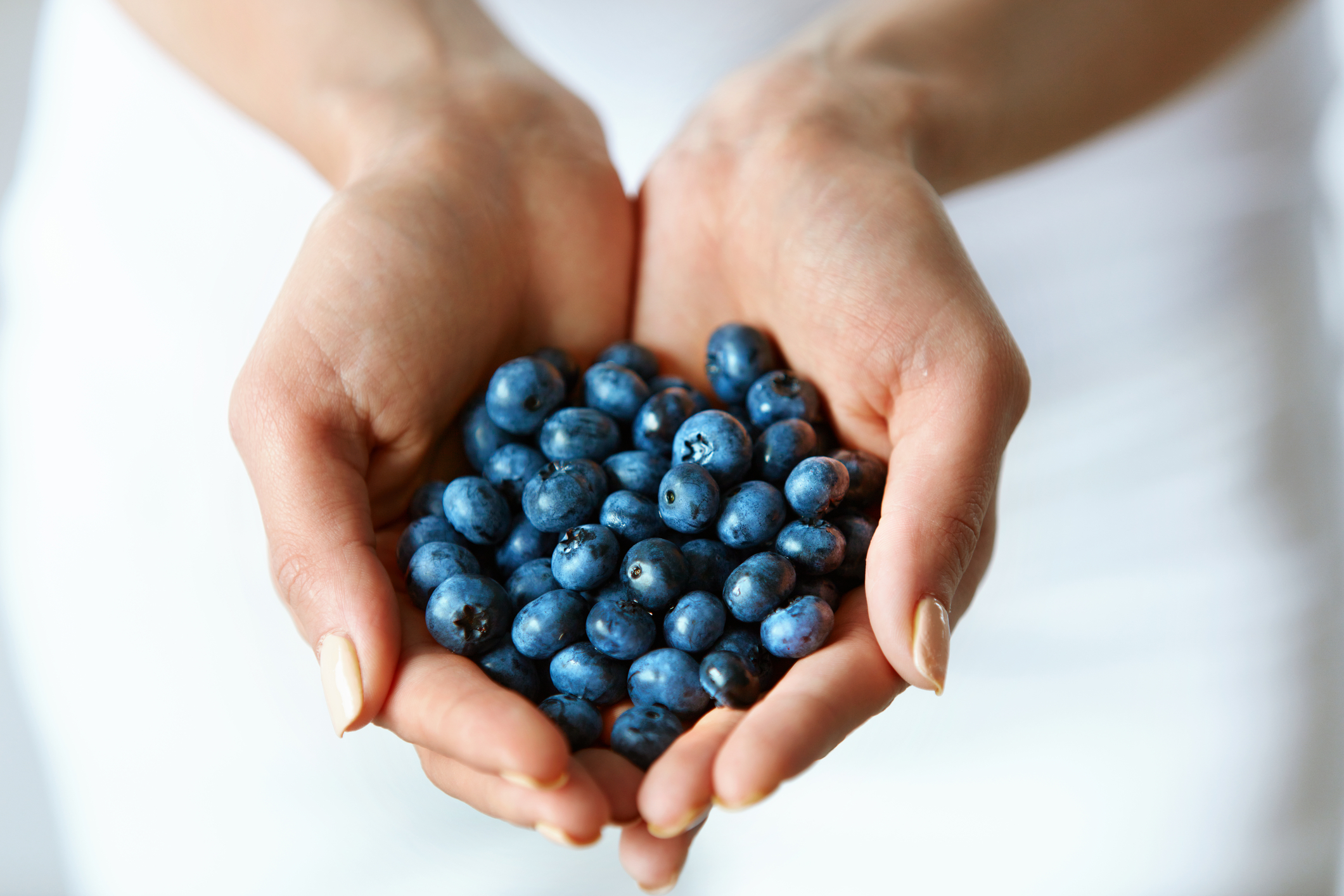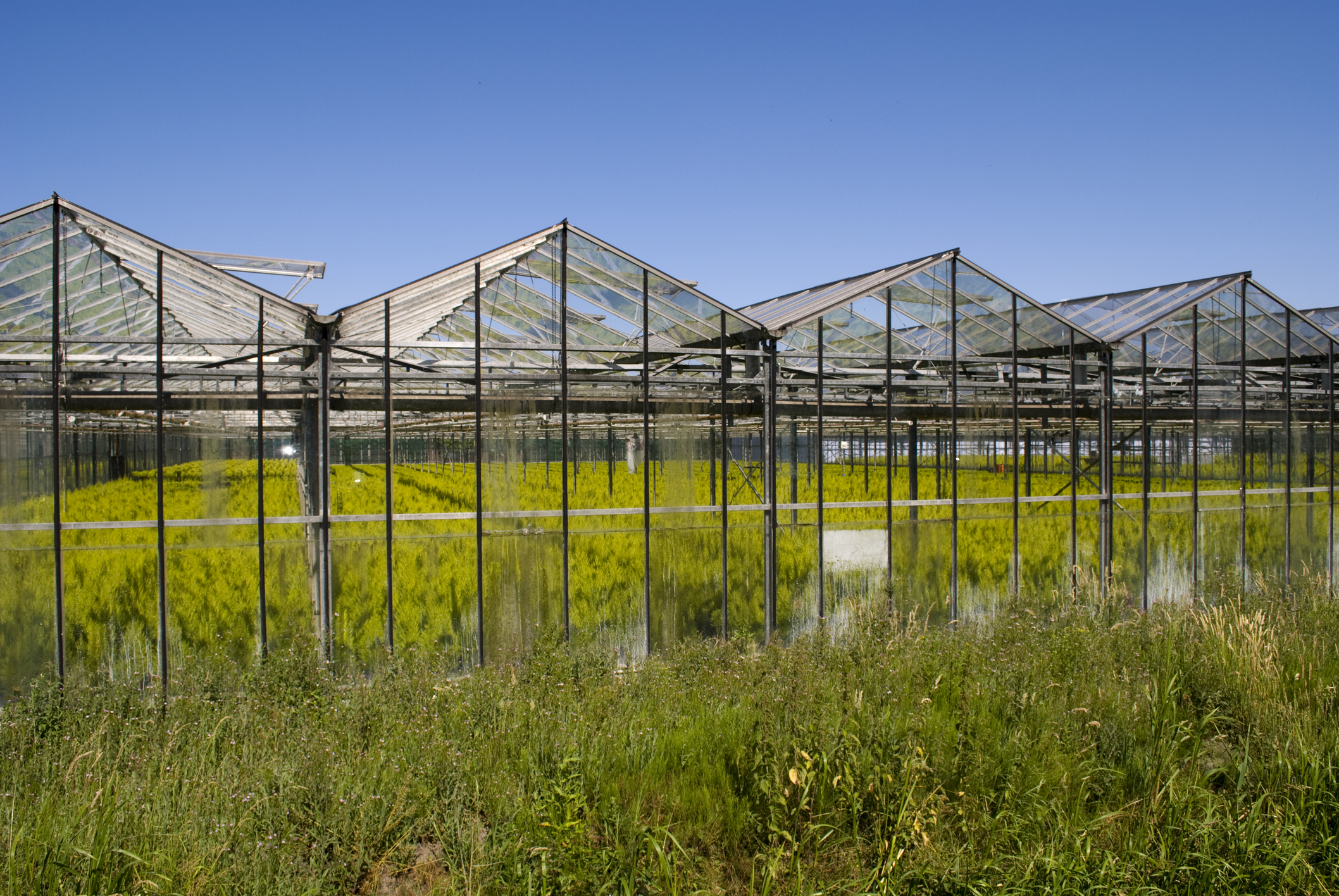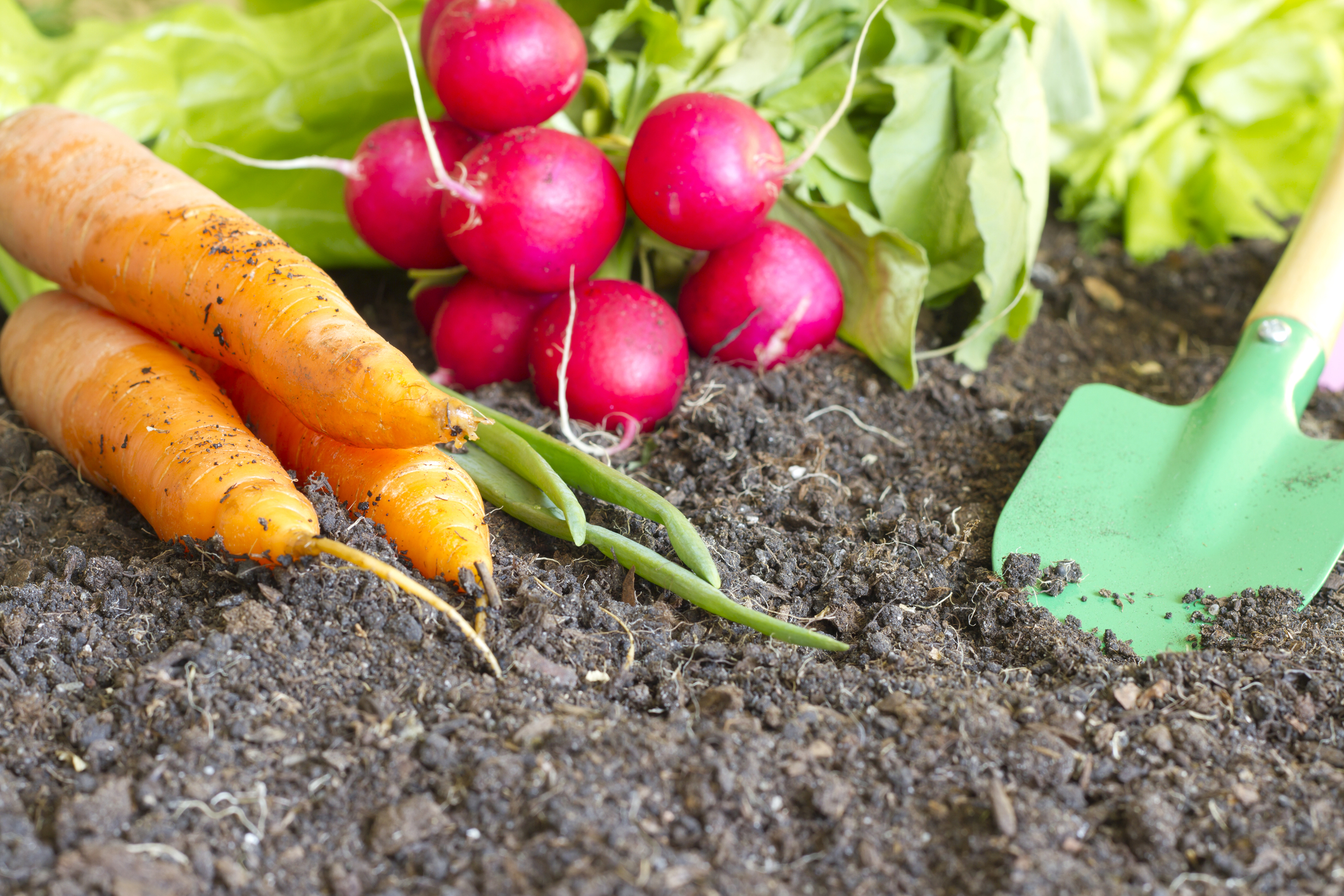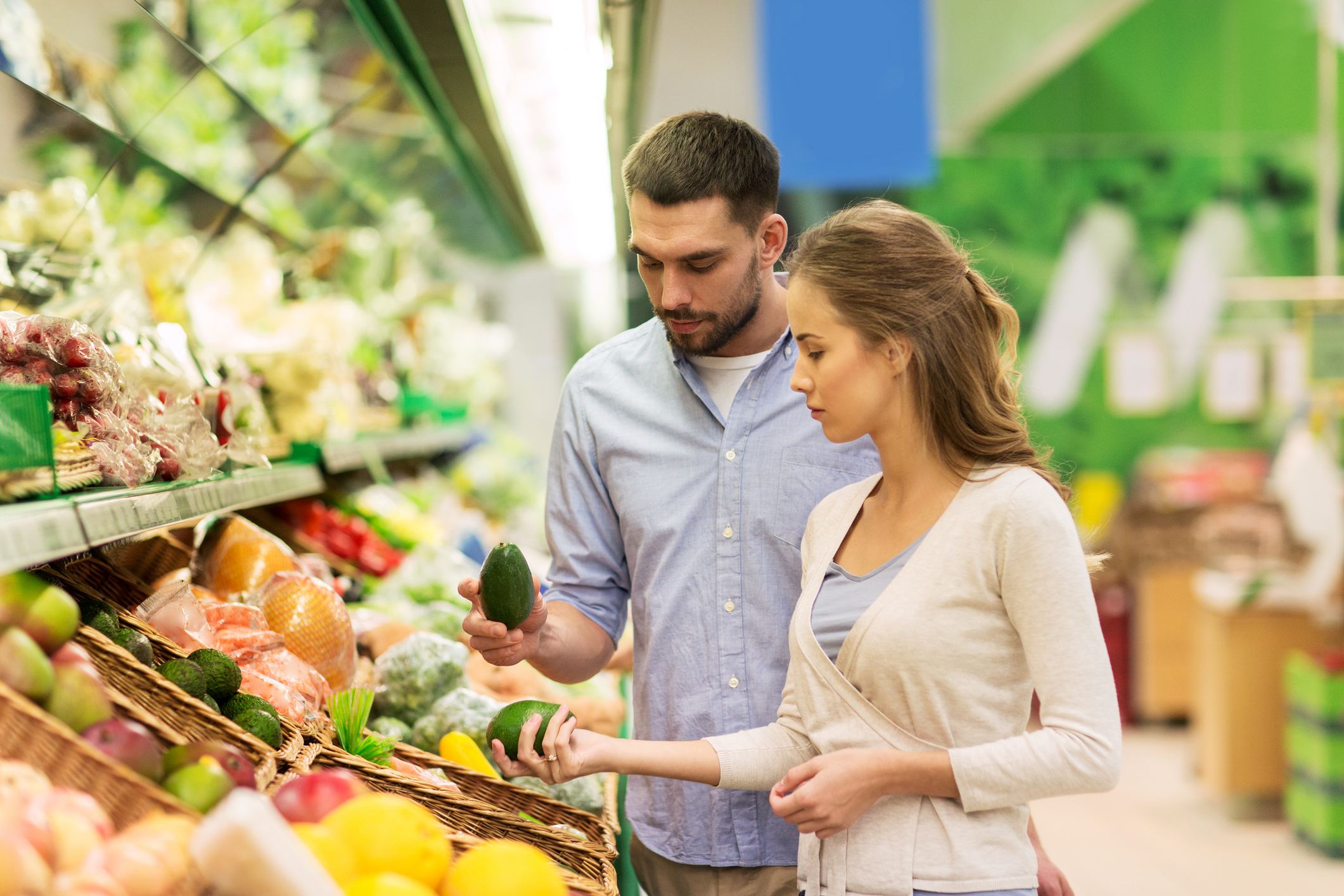Are you Paying for More: Deconstructing the Organic Food Hype
In the last few decades, organic food products have surged in popularity, filling the aisles of both specialized stores and conventional supermarkets. Consumers increasingly opt for these products, often willingly paying a premium for them. So, what brings about this steady rise? A primary factor is the perceived health benefits that organic foods offer, as they are grown without the use of synthetic pesticides and fertilizers. Moreover, a growing consciousness about environmental impact has led many consumers towards organic farming, believed to be more sustainable and less harmful to the ecosystem.
The Health Value of Organic Foods

Among the leading reasons consumers turn to organic products is the belief in their superior health value. Organic farming avoids the use of synthetic pesticides, genetically modified organisms (GMOs), and hormones—all elements that are believed to negatively impact human health. Particularly, research indicates that organic crops tend to have marginally higher levels of certain nutrients, such as antioxidants. However, studies on the direct health benefits of eating organic foods have been considered inconclusive at best.
Environmental Impact of Organic Farming

Organic farming promotes biodiversity, soil fertility, and environmental sustainability, making it naturally appealing to environmentally conscious consumers. By eschewing synthetic pesticides and fertilizers, organic farming decreases the amount of pollutants in water, air, and soil. However, critics argue that because organic farming is less productive per acre of land, if the world were to fully transition to organic farming, we would need to cultivate more lands, possibly leading to deforestation and a loss of biodiversity.
The Premium Price of Organic Foods

The elevated price tags on organic foods certainly aren’t out of place. Organic farming requires more labor and management than conventional farming. Further, the cost of organic certification is high, adding to the final price of the products. Organic crops also grow slower due to the absence of synthetic fertilizers, meaning they occupy the land for a longer period, which is another cost to the farmer. Ultimately these expenses trickle down to the consumer.
Questioning Organic Food Labeling

In the midst of a booming organic food market, questions arise about the authenticity of organic labeling. Regulations vary by country but generally, to qualify as organic, a product should avoid synthetic pesticides, artificial fertilizers, and GMOs, giving way to stricter, more labor-intensive processes. Unfortunately, regulatory oversight can be lax in many countries, leading to allegations of "organic fraud," where products not genuinely meeting the criteria are marketed as organic.
Making an Informed Decision

While the organic food industry has its merits and downfalls, it's vital for consumers to make informed decisions. Understanding the nuances between organic and conventionally grown products can help determine if the premium price is worth it for you. Truly, it's about weighing pros and cons: health benefits versus higher cost, environmental sustainability versus productivity, and ascertaining the truth behind organic labeling. What’s important is to make a choice that aligns with your personal health needs, financial realities, and ethical values.